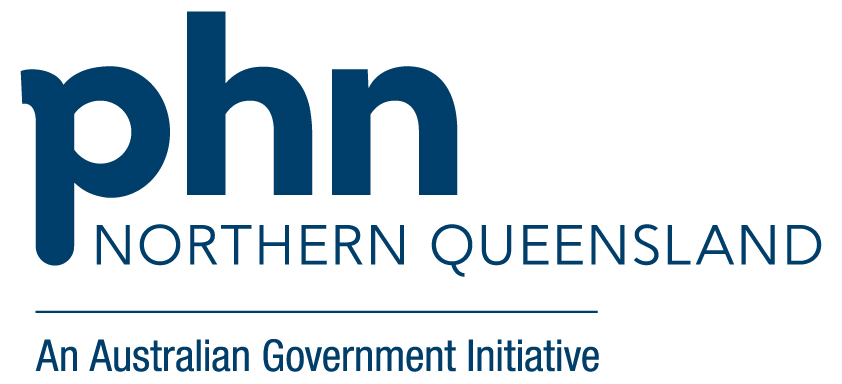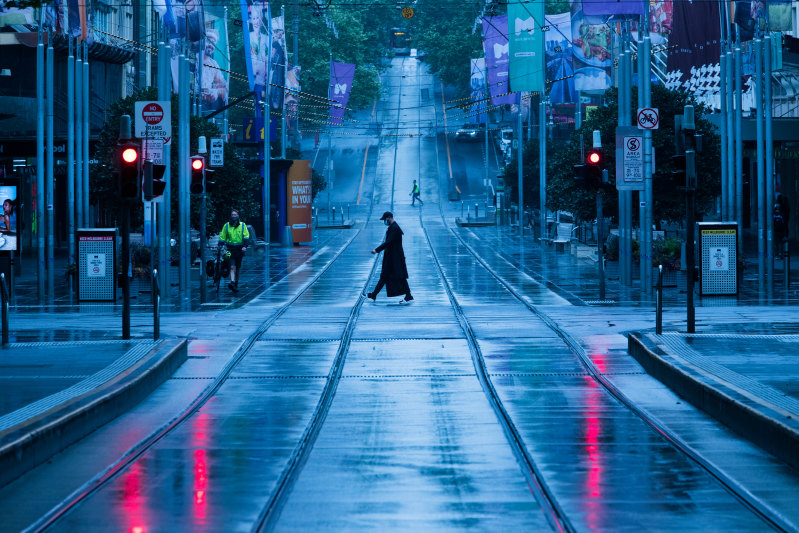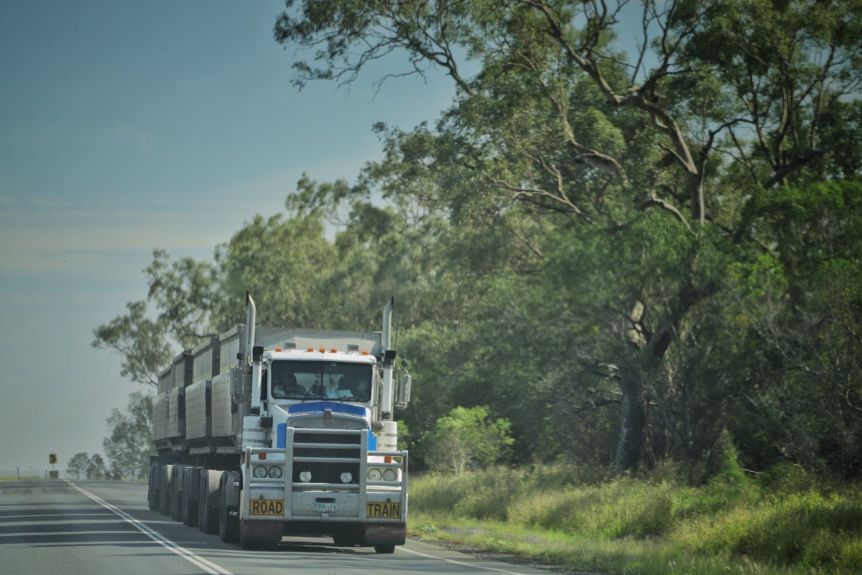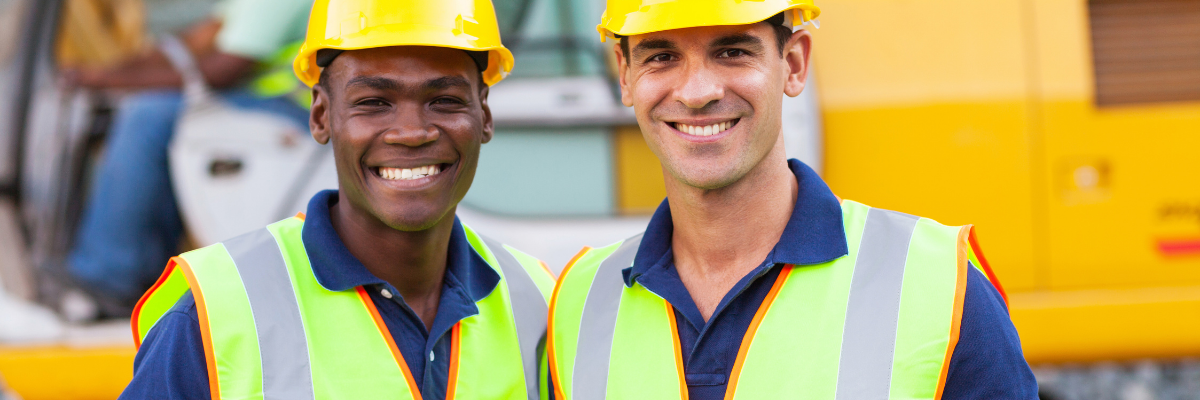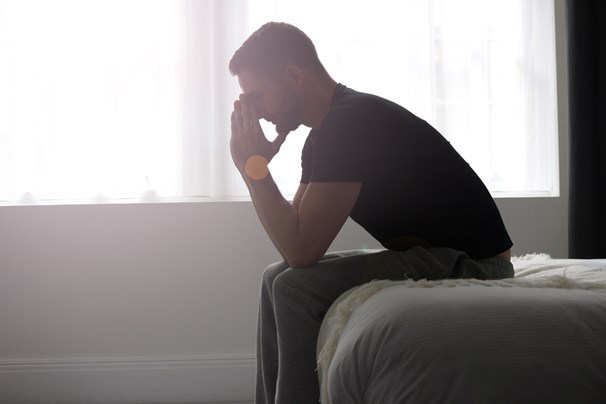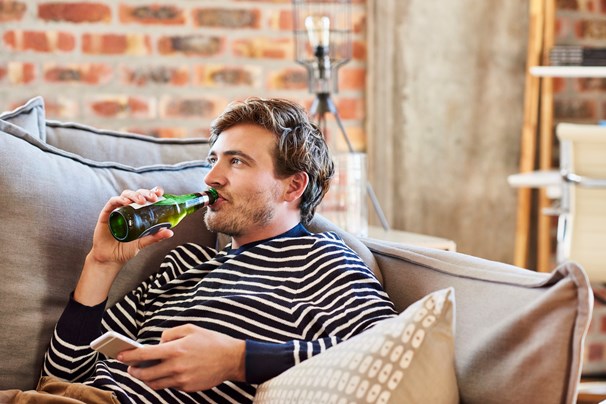Tips for taking care of your mates
Conflict Resolution Skills for Healthy Relationships
Conflict is a predictable part of virtually all relationships. It can also be a significant source of stress. Therefore, with most conflicts, it’s important to find a resolution. This seems like a statement of the obvious, but many people suppress their anger or just ‘go along to get along.’ Some think that by addressing a conflict, they are creating one, and simply keep quiet when upset. Unfortunately, this isn’t a healthy long-term strategy.
Renovate your relationship – a manual for men
Renovate your Relationship is a resource for men dedicated to helping men maintain their relationships by getting them to think about the practical side of relationship maintenance.
Coping with burnout
Burnout is a term that describes feelings of long-term exhaustion, both mental and physical, as well as disinterest with work. Caused by excessive and prolonged stress, burnout makes you feel overwhelmed and drained. You may also feel like you can’t complete simple daily tasks.
You may develop burnout if you have focused all your energy on your work for a long time and neglected other areas of your life, such as your health, family and friends.
Burnout is usually associated with work-related stress, though it can manifest in other areas, for example caring for a sick relative.
How to deal with disappointment
Dealing with disappointment can be overwhelming, but you don’t have to let it build up or take over your life. Learn how to cope with disappointment and avoid being overrun with negative feelings.
Men & Intimacy
Men may abandon relationships and intimacy because they fear that they will lose their sense of independence. True emotional closeness is about balancing the sense of yourself while still being connected with another.
Men often confuse sex and intimacy. These are not the same thing. Sex without it can be very unrewarding, just as sex with it can be deeply passionate and fulfilling. It is also possible to experience intimacy without sex. Some men confuse intimacy with the ‘honeymoon’ stage of a sexual relationship. It is a hormonally driven, heightened sense of being in ‘love’, often with a corresponding high sexual desire. This stage lasts for the first 6-36 months of a relationship and when/if it ends a relationship may seem to lose some of its initial intensity. This does not mean that intimacy needs to be lost entirely. What it does signal is the beginning of a new phase of the relationship, in which both partners need to invest effort to maintain the emotional closeness that seemed to come so effortlessly early on.
Self-care Toolkit
Mensline has designed self-care worksheets which are designed to assist you in developing your personal skills to better manage your current situation.
Each worksheet has an exercise that will take approximately 10-30 minutes to complete and some may require regular practice.
These self care worksheets are interactive PDFs allowing you to type your answers into the spaces provided and save or print if desired.
Men and emotions
Our emotional state often dictates how we behave, with men and women handling emotions in quite different ways. When upset, women are more likely to express their feelings directly and to seek the support of friends and family, whereas men might hide their emotions or withdraw.
Men often feel that they need to be self-reliant and provide for their loved ones, so it is not appropriate to express their emotions. This behaviour can be reinforced in the stereotype of the heroic male, so often represented in popular culture. Fearless, resourceful, stoic and usually facing adversity alone, these characters tell us a lot about what is considered to be ideal male behaviour within our society.
Addressing the ‘bloke blindspot’ in suicide prevention
Male suicide statistics rarely take into account the many lives that are impacted by that one event.
Writing in the Daily Telegraph on Thursday, former Lifeline chief executive Pete Shmigel and current AMHF board member explored the ‘ripple effect’ of male suicide and how our Save Aussie Men campaign is helping to tackle male suicide head-on.
Information on Financial Stress
Financial issues are consistently one of the top causes of stress for Australians, and financial issues have been even more widespread recently due to the current crisis. Experiencing cash flow problems, being in debt or feeling worried about providing for yourself or your family can cause, or contribute, to anxiety and other mental issues. Financial stress can also impact your relationships with others.
Supporting other can improve your own wellbeing
Lachie Samuel knows a thing or two about remote, casual work. The Fly-In-Fly-Out life (FIFO) and Drive-in-Drive-Out (DIDO) life sounded appealing when, as a 19-year-old in 2009 Lachie followed his brother out of Auckland to Kalgoorlie, 600ks from Perth.
“I jumped straight into it,” he says. “Scaffolding, rigging, trades assistant, any type of trade to do with mining and construction, I loved it but for the wrong reasons.
Supporting other can improve your own wellbeing
A professional firefighter with a family history of prostate cancer, Parker said Movember was a cause he would always get behind.
“I lost my granddad to prostate cancer, one of my uncles has had it twice and thankfully my brother-in-law has recently pulled through his own diagnosis, so it’s very personal to my family.
Men’s mental health needs us to jump in the trenches
The “ripple effect” we speak about when describing the impact of suicide on a community has now well and truly grown to a tidal wave. Anyone close to a person who has taken their own life can attest to the overwhelming feeling of grief. In tackling this crisis, we can set the standard on how to forge connections and camaraderie across borders, race, class and countries. We have the unique opportunity to be a galvanising force for change, but why hasn’t it happened yet?
Landmark research reveals ‘horrific’ mental health crisis facing Australian truck drivers
“Do you know how much I’ve missed out on my kids? I missed them growing up. I was never there.”
Truck drivers are the operational backbone of Australia — delivering essential supplies across enormous distances to often isolated locations.
Australia’s ‘block blindspot’ – we keep overlooking the people most at risk of suicide
If we middle-aged white men are running the patriarchy, we should be sacked for not looking after ourselves. The numbers underscore a depressing situation in Australian men’s health. Yet positive action on the ground – men taking ownership for their health – and at the national policy level this week are new reasons for optimism…
Does Men’s Social Status Damage their health?
Australian’s Men’s Health Forum
Men die younger than women on average, but their life expectancy isn’t just caused by unhealthy behaviours, it’s also shaped by a range of factors that determine our position on the “social ladder”. These include:
- Our experiences of childhood
- Our level of education
- Our experiences of fatherhood
- Our working lives
- Our daily living conditions
- Our social connections
- Our access to male-friendly services
Research shows that our physical and mental health is strongly influenced by our position on the “social ladder”. Put simply, the better your social status, the better your health…
Mates in Construction 5 mil funding boost
MATES in Construction Qld and NT have been award $5 million in funding over the next five years.
The announcement was made on World Suicide Prevention Day by the Queensland Minister for Industrial Relations, Grace Grace.
“I can’t think of a better organisation than MATES in Construction, who does excellent work around these two themes,” said MP Grace, referring also to RuOK Day.
She said the Queensland Palaszczuk Government had provided 3 million in funding over the past three years to MATES, “because they do extraordinary work.” Funding has been locked in until 2025, “that’s five million dollars spent on suicide prevention and assisting workers in the construction industry with mental health”.
21 Reasons Why Men Don’t Talk About their Mental Health
Talking about mental health is easy in theory, but difficult in practice. Particularly when our brains are so good at coming up with excuses for why we shouldn’t. Here are some of the most common – and why they’re all bollocks.
1. There’s nothing wrong with me
This article isn’t about you, right? You’re fine. But here’s the crucial thing: acknowledging that it is useful to work on your mental health doesn’t mean there’s something wrong with your brain, any more than going to the gym to train your triceps means there’s something wrong with your arms. It’s just good practice.
Ryan Reynolds gets anxiety too – Here’s how he copes
They say that mental health issues don’t discriminate, and Ryan Reynolds would be a classic embodiment of that saying. From the outside, it seems that Reynolds has it all. A great career, smoking hot wife, a People’s Sexiest Man Alive title, two great kids, and one of the greatest senses of humour in the industry. However it seems that just like 14 per cent of Australians, Reynolds has been dealing with severe anxiety for most of his adult life.
“I have anxiety, I’ve always had anxiety,” Reynolds recently told The New York Times whilst promoting his new movie, Deadpool 2. “Both in the lighthearted ‘I’m anxious about this’ kind of thing, and I’ve been to the depths of the darker end of the spectrum, which is not fun.”
Drinking more in isolation? You’re certainly not along. If your boozing is bodering dangerous, here’s what to do
If you’ve noticed the decibel level of your weekly recycling bin dump has increased slightly (*cough* significantly) during the COVID-19 pandemic, you’re certainly not alone.
New research from the Foundation for Alcohol Research and Education (FARE) has found that 70 per cent of Aussies admit to downing more drinks than usual during isolation, with one third of people now drinking daily.
Doctor Kirsten Morley, a professor in addiction medicine at the NHMRC Centre of Research Excellence in Mental Health and Substance Use, says that a cocktail of factors are behind this increase in alcohol consumption.
“COVID-19 presents a challenge in Australia for alcohol problems: already high rates of alcohol use, economic hardship and social isolation,” she told Men’s Health. “Loss of employment, the lack of schedule, and reduced social contact can trigger increased alcohol consumption.”
Click here to keep reading and get some trips on how to reduce your drinking
Getting under the bonnet of men’s mental health
Andamooka, in far north South Australia, is the setting of a new illustrated ebook that explores men’s relationships with each other in an Australian outback opal town.
Released on September 11, author Heather Gordon and illustrator Trish Curnow explore the ‘informal supports that enable men to front up each morning for an iced coffee and a chat about the weather and the news’.
Andamooka Bill and the Lights on the Hill centres around the partly true story of Andamooka Bill, a regular to the so-called ‘Bonnet Club’ – a male-friendly, organic meet-up that underlines the importance of informal mental health support networks.
Basically, the local men turn up each day to chat about anything over the bonnets of their cars.
Celebrating dads: Healthy Male makes the Case for Change
Healthy Male, formerly Andrology Australia, is calling for a significant in the way society and the health system views fathers ahead of Sunday’s 2020 Father’s Day celebrations.
The organisation has released an advocacy document with seven goals:
- Society recognises and values both parents equally
- Health policy addresses the health and wellbeing of both parents
- The health system supports the proactive engagement of both parents
- Health professionals are willing and able to support men and women
- Both parents are prepared for the transition to parenthood
- Parents who experience loss, distress or are struggling with parenthood receive the care they need
- Practice is evidence-informed and shaped by the lived-experiences of both men and women
“Australian society, and our health system, has not kept pace with the changing needs, expectations, roles and diversity of modern-day families,” says Healthy Male.
Valuing Aboriginal and Torres Strait Islander Young Men video released
A Lowitja Institute project led by Dr Mick Adams has culminated in a powerful video showing the role of culture, law and community in turning young men into leaders.
The ‘Valuing Aboriginal and Torres Strait Islander Young Men’ video follows a group of Ngarluma and Yindjibarndi men and women in mid-2019 “who were invited to show others how culture and law helps keep young men healthy, strong and good leaders.”
“When we put young fellas through the law we don’t sit them down in a workshop, talk at them or run them through a classroom learning module,” says Elder Peter Jeffries, CEO of the Murujuga Aboriginal Corporation.
“We take them out and get them to follow the Jina … to walk, use their feet to travel the footprints of the old people. We get them to learn by following the steps, singing the old songs, being with their family and being on ngurra or country.”

